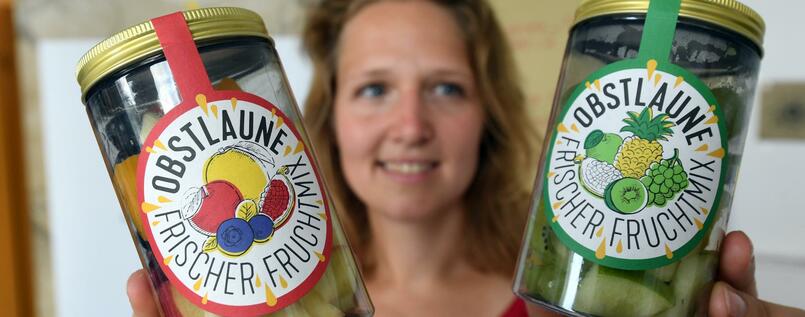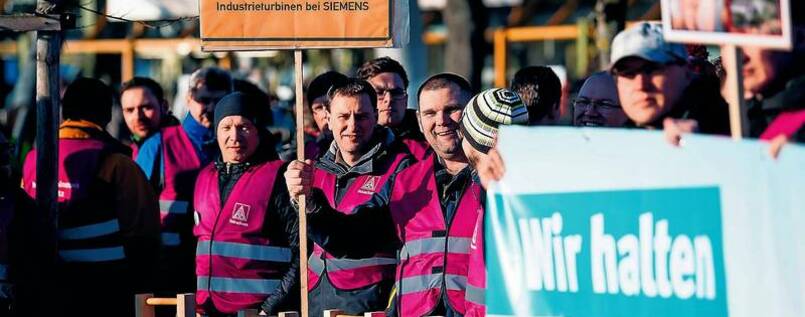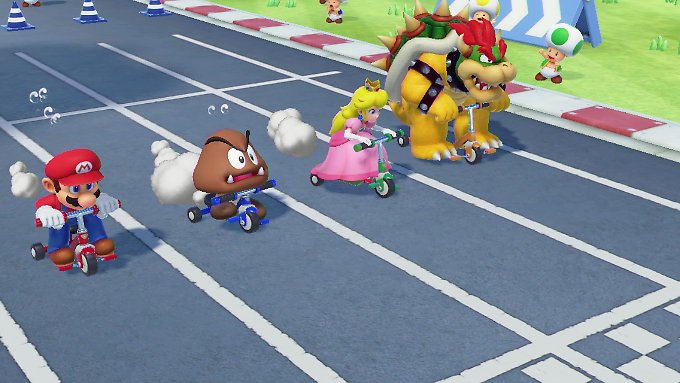“You’re only a prince if you act like one”
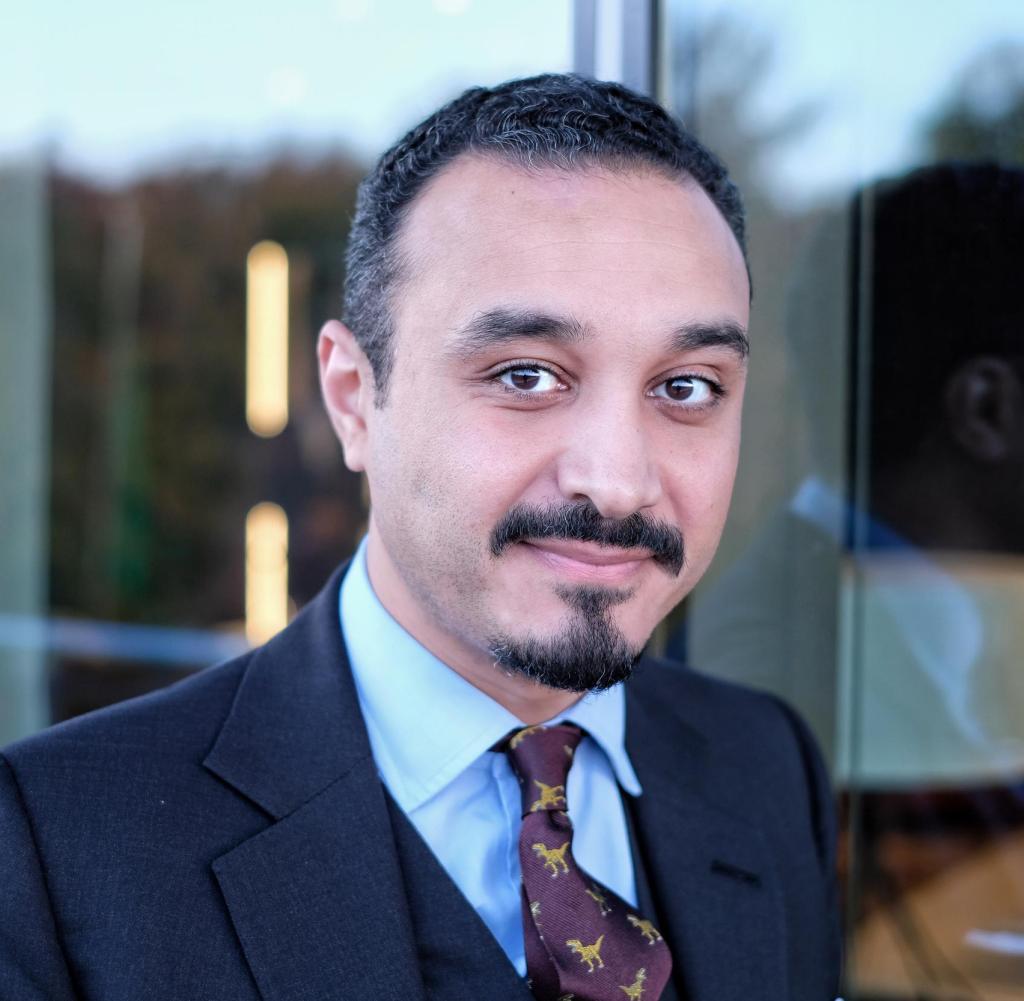
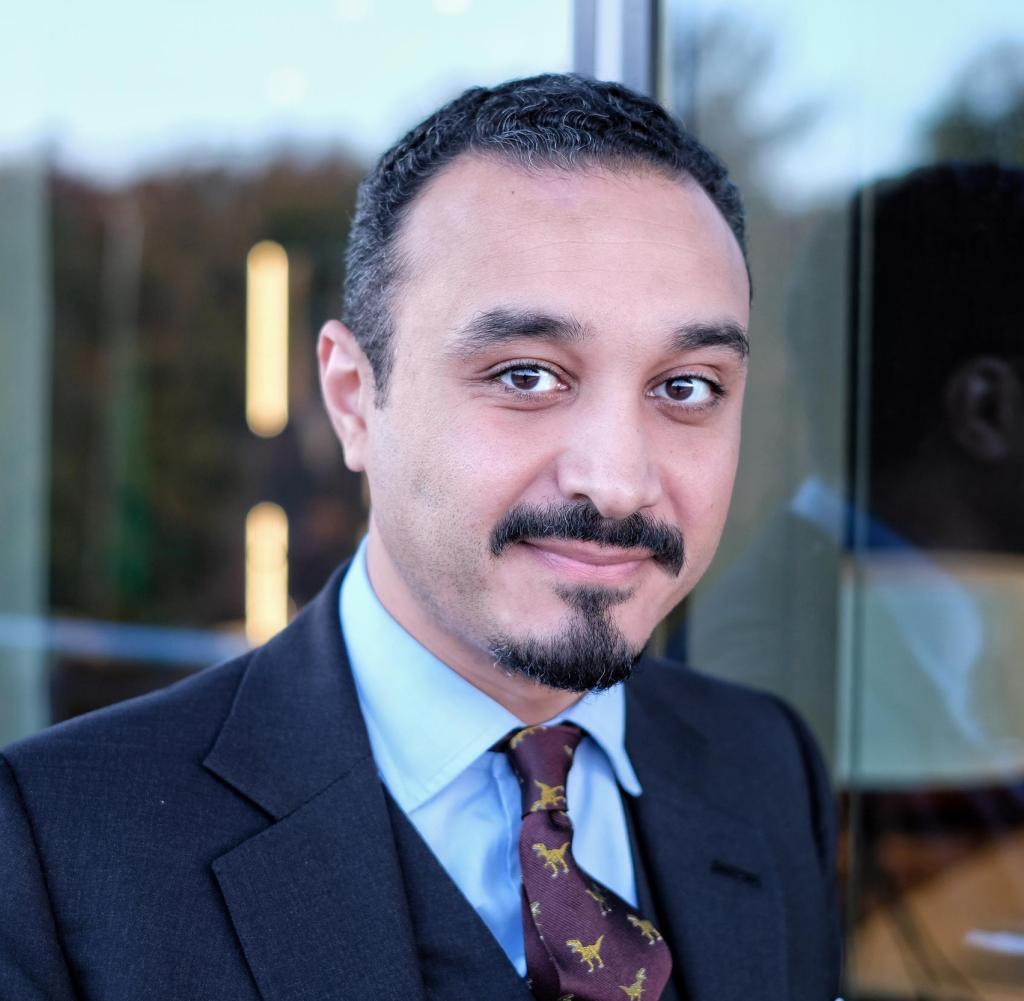 Since the assassination of journalist Jamal Khashoggi, Saudi Arabia has been caught in the crossfire. Crown Prince Mohammed Bin Salman is accused of ordering the murder. His cousin Prince Khalid, the Saudi ambassador to Germany, defends him. 0
Since the assassination of journalist Jamal Khashoggi, Saudi Arabia has been caught in the crossfire. Crown Prince Mohammed Bin Salman is accused of ordering the murder. His cousin Prince Khalid, the Saudi ambassador to Germany, defends him. 0
WELT AM SONNTAG: Your Royal Highness, you have just returned to Germany after a long absence. What was the reason for your return?
Khalid Bin Bandar Bin Sultan Al Saud: I returned on the instruction of King Salman and Crown Prince Muhammad Bin Salman. I was away for a year due to an unfortunate incident. But then I received a call from our Foreign Minister, who said he’d had a very good conversation with his German counterpart, Heiko Maas. „The King and the Crown Prince want you to return to Berlin immediately. Everyone in Germany should know that we want an even closer relationship between our countries.”
WELT AM SONNTAG: Now that the crisis has been overcome, what could Germany learn from it?
Khalid: Essentially, what we are saying is, call us up and ask before you speak out in public. We felt that nobody wanted to hear our point of view. We Saudis cultivate open and honest relationships with our partners. We only have a problem if someone does not talk to us when they have a problem with us. I think both sides have now understood that.
Since my return, we have had very good talks with various representatives of the federal German government. It is simply very clear that we have to be partners. Saudi Arabia is currently changing very rapidly and Germany can benefit from this enormously. Germans and Saudis should invest together, found joint companies – in both countries. Germany can help us to become a stronger, ultra-modern economy. Saudis and Germans communicate differently. We have to overcome these barriers. I’m counting on the many young Saudis who study in Germany. They can bring both worlds together.
WELT AM SONNTAG: You yourself are familiar with different worlds. You are a member of the Saudi royal family, but you grew up in the United States, studied in England and are married to a British woman. Are you raising your children more Saudi or British?
Khalid: Well, my two daughters are still very young, four and two and a half. My wife speaks to them in English, I speak to them in Arabic. The only time they didn’t like it in Berlin was when I wasn’t here. We didn’t want to take them out of the German kindergarten right away. Before, if they didn’t want something, they would scream “Laa!” in Arabic. Now they scream “Nein!” Which is actually great.
The values of my faith and my country are of utmost importance to my wife and I: being good people, doing the right thing, peace, tolerance, treating others fairly regardless of their background – we don’t find those values to be so different to the values we have seen and felt here in Germany.
WELT AM SONNTAG: What is it like to grow up as a child of the royal family?
Khalid: I am very fortunate to be part of a family that has achieved a lot in the past 300 years. There is a certain pressure on each of us to maintain this standard. My grandfather once said to me: “You’re only a prince if you act like one. And being a prince doesn’t mean bossing other people around. Your job is to serve them.”
WELT AM SONNTAG: Sorry, but there’s one question I can’t resist asking: your wife’s uncle is the Duke of Northumberland, the owner of the castle that serves as the backdrop for Hogwarts in the Harry Potter films. What does it look like inside?
Khalid: (Laughs.) I’m a big Harry Potter fan myself. When I met my wife’s mother, I almost asked her: what’s it like living in Hogwarts? But then I didn’t want to look like an idiot. The house is really great.
WELT AM SONNTAG: Your father is one of the most experienced Saudi diplomats. What advice has he given you during this difficult time for Saudi Arabia?
Khalid: He reminded me that I have two ears and one mouth. I should listen more than I talk. That was a good piece of advice. After all, it is also important to me to improve the understanding of Saudi Arabia in Germany.
WELT AM SONNTAG: Not an easy job right now. Your country is currently in the news mainly because of the disappearance of Jamal Khashoggi. What happened to him?
Khalid: Our government is investigating the case very carefully. We have to wait for the results of the investigation. In the end, we will know who did what and when. We take this very seriously. Our authorities have already arrested 18 suspects in Saudi Arabia, there have been layoffs in the security apparatus.
It is obvious that something went wrong. And we are very unhappy about it. The whole thing is a tragedy. For his family, but also for our country. I am very sad to see how much of our work has been destroyed as a result. We will ensure that those responsible are punished.
WELT AM SONNTAG: Why weren’t the dismissed security officers arrested?
Khalid: As I said, I cannot comment on the details of the investigation. I am sorry about that. But you wouldn’t comment on ongoing court cases in Germany either.
WELT AM SONNTAG: Do you have an explanation as to what might have led to the incident?
Khalid: It’s simply impossible for me to put myself into the mind of a criminal. What I can say is: we don’t do anything like that. We do not deal with dissidents and exiles in this way. They remain Saudi citizens and if they have problems, we take care of them. We always tell them that their homeland is there for them. It is beyond my imagination what could have moved someone to do something like this. It is not our policy, not our culture, not our nature. It contradicts everything we stand for.
WELT AM SONNTAG: What conclusions will the leadership draw?
Khalid: That’s up to the king to decide. But in our country no one is above the law. Not even members of the royal family.
WELT AM SONNTAG: Some suspect the Crown Prince himself of being behind Khashoggi’s disappearance. Can you refute that?
Khalid: Absolutely, one hundred percent. That is not the way he does things. He said he had nothing to do with it. And I have no reason to doubt it.
WELT AM SONNTAG: How can you be so sure? Here in the West, he is seen as particularly resolute and daring, always on the offensive, with a penchant for robust, unconventional methods.
Khalid: Many people have an opinion about him without knowing him. It is easy to find his policies bold, drastic, hurried. But remember, he took office at a very dangerous time. We were hurtling towards a wall. Due to the population boom of the past few decades, a whole generation of young Saudis were about to join an economy that was far from achieving the growth needed to employ and feed all these young people.
When Mohammed Bin Salman took office, it was clear: if we did not begin to turn our economy around immediately, we were going to hit this wall. And instability in our country, home to the holy sites of Makkah and Madina, would pose a risk not only to ourselves. The crown prince has finally addressed these problems. He has done things that young people here have been hoping for for years.
WELT AM SONNTAG: But all that doesn’t mean your cousin could not have ordered an assassination.
Khalid: One only needs to talk to him to know that. I have seldom met someone who deals with every issue of importance with such seriousness, such reflection and such attention to detail. He is engaging in the way he listens and argues. Always constructive, always optimistic, but always very rational as well. And that’s why he is also reflective and questioning.
How should we provide for the next generation? Why do we waste so much energy? Why do we always do things this way and not in a completely different way? Why, why, why. He’s always asking why. And he finds good answers again and again. He is a very thoughtful person. I don’t understand how you can accuse someone like that of making such a decision. But many people want nothing more than to see him fail, because he’s ambitious.
WELT AM SONNTAG: If he is so thoughtful, shouldn’t he rethink his approach in your neighbouring country Yemen? There, Saudi Arabia is leading an international coalition in a war against the Iranian-backed Houthi rebels. The population is suffering horrendously – partly because the coalition is blocking the supply of food and medicine to the country.
Khalid: The situation in Yemen is very difficult. The Yemeni are our brothers. We supported them when they fought against the Marxists in their country. Is the situation in Yemen good today? Anyone who said so would be lying. But perhaps it will improve. Yes, there is a cholera epidemic in the country. But we are fighting the disease tirelessly. And we could do even more if the Houthis weren’t blocking the delivery of medicine. Our efforts should not be minimised or ignored. We’re bringing large quantities of relief supplies into the country.
Yes, we have blockaded the port city of Hodeidah, but not continuously. We didn’t choose this war. We intervened when the Houthis drove out the democratic government of Yemen. By the way, the fact that a monarchy is going to war to save an elected government is actually quite a punchy move. If someone helps us to end this war then we are ready. But if we simply stop fighting, the whole country will fall to the small, radical minority of Houthis. That would be neither democratic nor fair nor reasonable.
WELT AM SONNTAG: Mohammed Bin Salman’s reform program Vision 2030 has been running for more than two and a half years now. What is working and what isn’t?
Khalid: The most important success has been a change in our way of thinking. Traditionally, we Saudis are survivalists, we are a desert people. By nature we were something like communists. Not politically, of course. But we shared everything and if the individual only thought of himself, he would endanger the existence of all. There was that instinct that said: don’t push ahead, advance persistently but with caution. This is changing dramatically.
And that is also because Vision 2030 brought so many women into business. Because that increased competition. Between the sexes and within them. There is more encouragement for everyone.
WELT AM SONNTAG: But sometimes you also take a step backwards when you want to make progress. For example, when on the one hand women are permitted to drive and then at almost the exact same time the very activists who fought for it are imprisoned.
Khalid: It was not only those seven women and the one man who campaigned for it but hundreds of people in recent years. Almost all of those arrested were released quickly. Unfortunately, there is a tiny number of campaigners who are accused of working with foreign agents to destabilise the country. They are still in detention. We are serious about change. But we are a country in a fragile region, at a precarious time.
Saddam Hussein used to be the undisputed regent in the Middle East. Where is he today? Bashar al-Assad’s rule over Syria was once considered absolutely unshakable. What is his country like today? We, unlike the others, have been around since 1932. For almost 90 years. This makes us one of the countries with the most stable political systems in the world. And bear in mind that oil wealth did not come until the 1970s. So we must have done something right.
WELT AM SONNTAG: The new US sanctions against Iran, which your country supports, have come into force in recent days. Europe takes a critical stance on this. What do you think Europeans have not understood?
Khalid: That’s what I would like to know, too. We see Iran as an existential threat to the region. Iran’s military activities extend as far as Lebanon, Yemen and Syria. The problem is not some Persian-Arab rivalry. It is precisely the current government of Iran. Before it came to power, we had no problems with each other. The country’s leadership is concerned with destabilisation and exerting influence, including in Europe.
WELT AM SONNTAG: In the course of this confrontation, some observers see closer relations between Saudi Arabia and Israel. What could this mean for the Palestinians?
Khalid: Many people observe many things. Some things correspond to reality, others don’t. We absolutely support the Palestinians. Whatever is right for them is right for us. Of course, Israel is a reality, like it or not. The state exists. Will we one day have diplomatic relations with that state? That’s up to the Palestinians alone to decide. If it’s not the right thing for them, it’s not the right thing for us.
Translation from German by Myfanwy Craigie and Laura King
Jens Spahn reist in den Kosovo, um Pflegekräfte anzuwerben
Gesundheitsminister Jens Spahn (CDU): Im Kosovo und in Albanien sei die Pflegeausbildung b…



